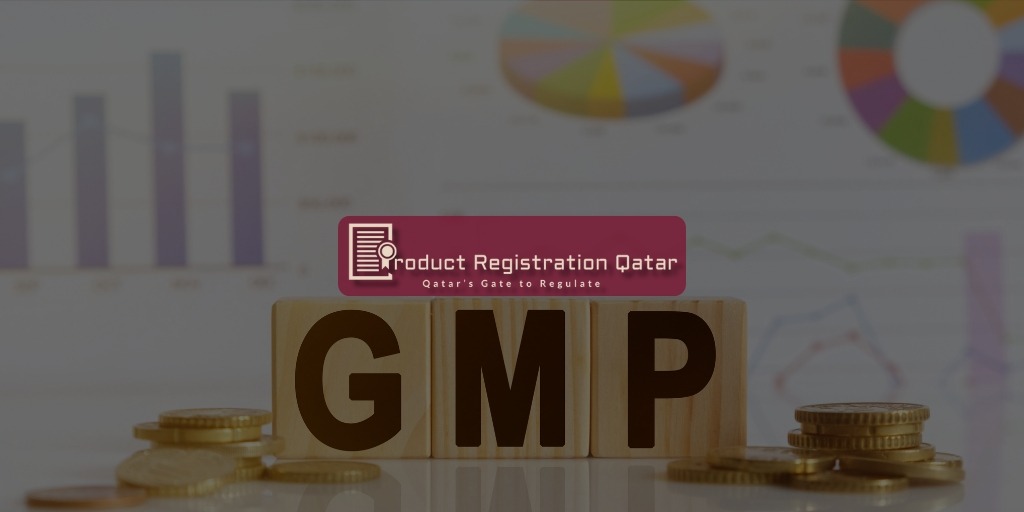GMP Compliance in Qatar for Supplements (2025 Guide)
Understand GMP compliance in Qatar for health supplements. Avoid MoPH rejection, meet quality standards, and streamline your approval and beyond.
BLOGS
7/25/20253 min read


Why GMP Compliance Matters for Health Supplements in Qatar (2025 Guide)
In Qatar’s highly regulated health supplement market, GMP compliance is no longer a choice—it’s a necessity.
With rising MoPH scrutiny and increased consumer demand for safe, effective products, understanding Good Manufacturing Practice (GMP) is essential for successful product registration and market entry.
What is GMP and Why Is It Crucial?
Good Manufacturing Practice (GMP) is a globally recognized system that ensures products are consistently produced and controlled according to quality standards.
For health supplements, this means:
Safe, contamination-free production environments
Validated manufacturing processes
Transparent documentation for traceability
Consistent product quality across batches
In Qatar, MoPH increasingly requires GMP certification as part of the documentation process when registering dietary supplements, herbal products, and nutraceuticals.
Is GMP Mandatory for Supplement Registration in Qatar?
Yes—and increasingly so. While Qatar does not yet mandate GMP for every single product category, health supplements are now expected to meet GMP standards, especially when exported from non-GCC regions.
MoPH may reject or delay registration if:
There is no GMP certificate from a recognized authority
The production facility lacks documentation of GMP adherence
There are inconsistencies in product batch documentation
How GMP Compliance Affects MoPH Approval
GMP compliance helps you:
Avoid delays during dossier evaluation
Prove product safety and efficacy
Build trust with Qatar’s regulatory authorities
Strengthen brand positioning in MENAT markets
For manufacturers, having a valid GMP certificate makes the registration process smoother, faster, and less likely to be rejected.
What Does a GMP Certificate Include?
Your GMP certificate should:
Be issued by a regulatory body or accredited third-party
Confirm the manufacturing facility meets international GMP standards
Be valid and up-to-date (check expiration)
Be translated into Arabic if issued in another language
How to Obtain GMP Certification for Supplements
If you're manufacturing supplements for the Qatari market, here’s how to ensure GMP readiness:
Conduct a facility audit to identify gaps
Train your team in GMP protocols
Implement or improve quality management systems (QMS)
Get certified by a recognized GMP authority
Translate and legalize the document for MoPH
Common Questions Around GMP for Supplements in Qatar
Do local supplements also need GMP certification?
Yes, even locally manufactured products must adhere to quality assurance frameworks. GMP is the most accepted standard.
Can I use a WHO-GMP certificate for MoPH?
Yes. Certificates like WHO-GMP, PIC/S GMP, and FDA GMP are accepted if issued from trusted bodies.
What if I don’t have GMP?
You’ll likely face rejection or be asked for additional quality assurance documentation. GMP is highly recommended, if not compulsory.
Final Thoughts
Whether you're a supplement brand entering the Qatari market or an international exporter, GMP compliance gives you a regulatory edge.
It simplifies the approval process, enhances credibility, and minimizes delays.
Need help navigating GMP or MoPH compliance in Qatar?
Reach out to our support team or click the chat icon on the bottom-right of your screen.
Our experts are here to help.
Frequently Asked Questions (FAQs)
What is GMP in supplements?
GMP stands for Good Manufacturing Practice—a quality system that ensures supplements are produced safely and consistently.
Is GMP certification mandatory in Qatar?
For supplements, it is strongly expected. MoPH may reject applications without GMP or demand extra documentation.
Can I register a supplement in Qatar without GMP?
It’s risky. Some low-risk products may pass, but most require GMP or robust quality proof.
What are accepted GMP authorities?
WHO, US FDA, EMA, SFDA, and PIC/S GMP certificates are widely accepted by MoPH.
Do I need to translate the GMP certificate?
Yes. All foreign-language documents must be translated to Arabic and legalized.
Recommended Reads
Health Supplement Registration
Understand the full MoPH supplement approval process in Qatar.Supplement Market Authorization in Qatar
Learn how to prepare your application for swift approval.Get Expert Regulatory Consulting in Qatar
Ensure full GMP alignment and avoid compliance pitfalls with expert guidance.Not sure if your product needs MoPH approval?
This guide breaks down who needs it and how to avoid registration delays in Qatar.Explore how conformity assessment impacts product approval
and smooth import into Qatar in this essential 2025 guide.
Ready to Ensure Your Product is Fully Compliant?
Fill out the form below and let our experts guide you through label checks, formula validation, and registration—step by step.


